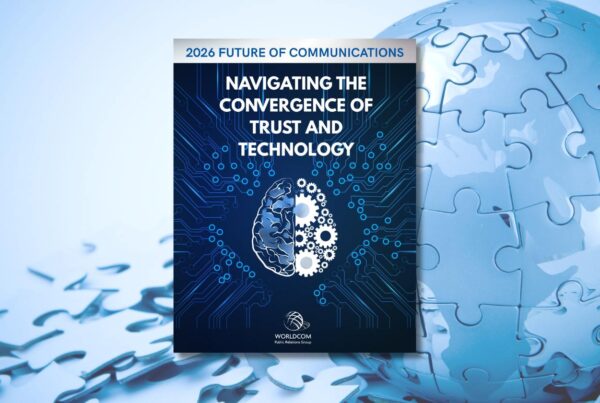By Jackie Liu
By today’s standards, you’d be right to assume a book published in 2016 would be wildly outdated, let alone 1985. However, history has a canny way of repeating itself; innovation has no expiration date; and even old ideas can be reinterpreted, reimagined, and repositioned for new generations. Reading an oral history of a legendary television company founded in 1972 is a prescient warning to the seemingly invincible media streaming platforms of 2025. No one born in 2005 probably has any idea what Rick Rubin was up to in 1995, but who cares? He’s repackaged his words of wisdom for the social media era, and more people are paying attention.
This is not a list of self-help books to improve your work performance; there are plenty of those available online. You won’t learn any tips on how to write better ad copy or improve digital engagement. Instead, this is a list of books with diverse topics that encompass culture, creativity, corporate takeovers, and cautionary tales. In other words, it’s a reading list for a communications professional, or an aspiring one.
Play Bigger: How Pirates, Dreamers, and Innovators Create and Dominate Markets by Al Ramadan, Dave Peterson, Christopher Lochhead, and Kevin Maney – A cult classic for a reason. Even normal people are now trained to think of products, services, and solutions by category. It’s a book about technology and startups, but it’s easy to read and understand because, in essence, it’s about the importance of keeping things simple.
Building a StoryBrand by Dave Ramsey – Storytelling, in all its forms, will always be a cornerstone of communications and marketing. For some, it doesn’t come naturally. This book remains popular because it clearly explains the inputs and processes of branding in a friendly and helpful manner. This is a “name brand” franchise in the marketing profession and is still treated as gospel by many CEOs.
Amusing Ourselves to Death by Neil Postman – Just read the synopsis. Postman, and his other excellent book “Technopoly,” is prophetic about what happens when public institutions are subject to the demands of entertainment.
The Creative Act: A Way of Being by Rick Rubin – As surely everyone in the profession has encountered, we tend to separate “creatives” from everyone else who works in strategy, messaging, and activations. That’s fine if it works, but that leaves the rest of us feeling like frauds and impostors. Approaching art and creativity on our own terms and defining what it means to be creative is something we can all do.
It’s Not TV: The Spectacular Rise, Revolution and Future of HBO by Felix Gillette and John Koblin – Spectacular reporting and writing about HBO – still in the news, still relevant, still controversial, and still defying the odds. Whether you agree with the decision to rebrand and then re-rebrand it from HBO to HBO Max to Max and back to HBO, this is still one of the best books about business, entertainment, and culture I’ve ever read.






